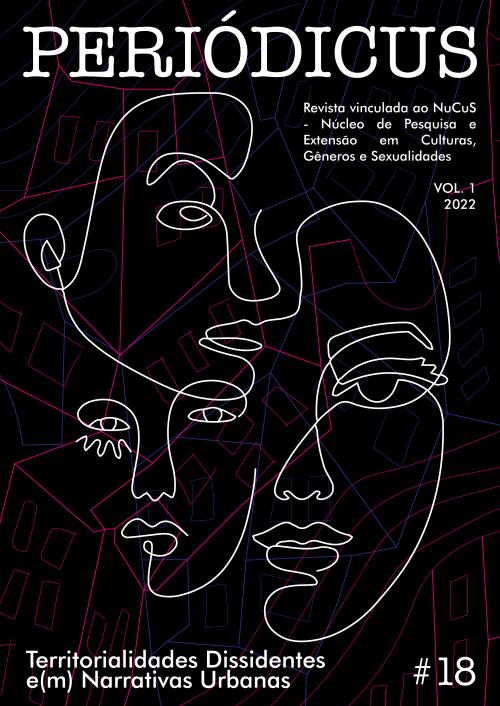Oppression and resistance
representations of urban space in contemporary literary narratives
DOI:
https://doi.org/10.9771/peri.v1i18.47574Abstract
The discussion aims to address literary representations of urban space and the relations of oppression and resistance that permeate the city. For this, two literary productions were selected to highlight dissident urban narratives. The autobiographical account written by Amara Moira, in E se eu fosse puta, alongside the collection of short stories entitled O sol na Cabeça, by Geovani Martins, are literary productions whose expressions allows us to verify striking representations of urban space, its contradictions, and antagonisms. Understanding the literary construction of these authors from a decentered perspective, in this sense, engenders subversive approaches that star in insurgent peripheral performances. Thematizing and problematizing these works, therefore, makes it possible to rethink the division of spaces, the unequal relationships that permeate the city, and the possible strategies of resistance and subversion that work for the democratization of spaces.
Downloads
Downloads
Published
How to Cite
Issue
Section
License
Copyright (c) 2022 Leandro Souza Borges Silva

This work is licensed under a Creative Commons Attribution-NonCommercial 4.0 International License.
Autores que publicam nesta revista concordam com os seguintes termos:
Autores mantêm os direitos autorais e concedem à revista o direito de primeira publicação, com o trabalho simultaneamente licenciado sob Licença Creative Commons Attribution Noncommercial que permite o compartilhamento do trabalho com reconhecimento da autoria e publicação inicial nesta revista, sendo vedado o uso com fins comerciais.
Autores têm autorização para assumir contratos adicionais separadamente, para distribuição não-exclusiva da versão do trabalho publicada nesta revista (ex.: publicar em repositório institucional ou como capítulo de livro), com reconhecimento de autoria e publicação inicial nesta revista.
Autores têm permissão e são estimulados a publicar e distribuir seu trabalho online (ex.: em repositórios institucionais ou na sua página pessoal) a qualquer ponto antes ou durante o processo editorial, já que isso pode gerar alterações produtivas, bem como aumentar o impacto e a citação do trabalho publicado (Veja O Efeito do Acesso Livre).







